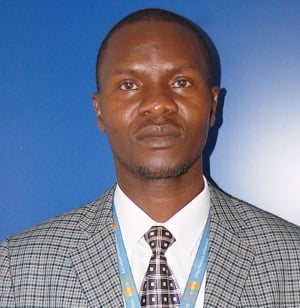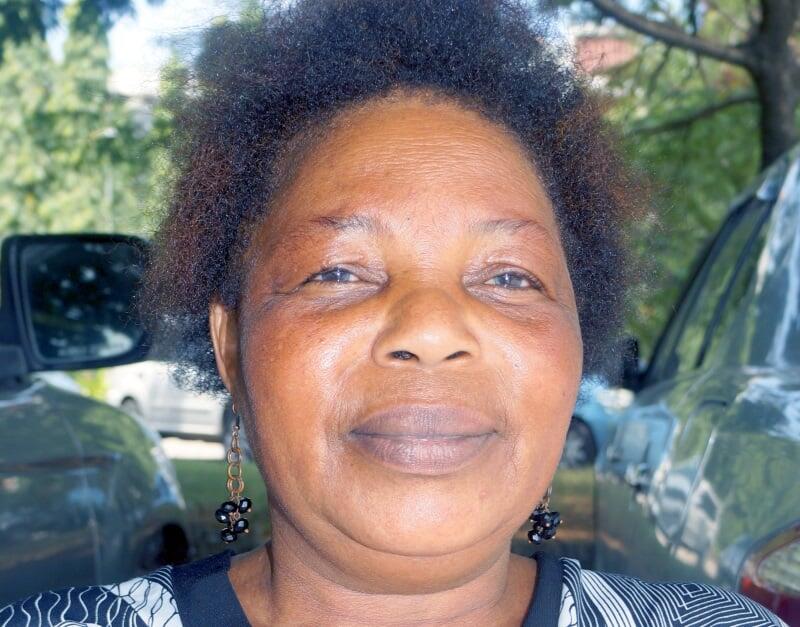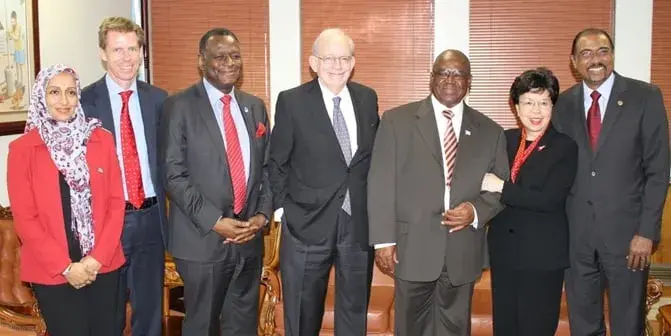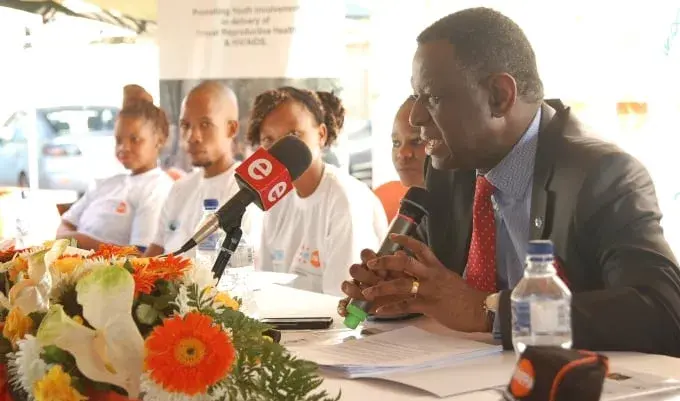“I have been dead for 30 years, but today I will start living again.” These heartbreaking words were spoken by Susan Nyambura, 53, as she waited for her turn to go into theatre for a fistula repair operation at Coast General Hospital in Mombasa, Kenya.
She had travelled 950 kilometres from Marsabit in northern Kenyan to Mombasa for a free fistula treatment camp organized by UNFPA, African Medical and Research Foundation (AMREF) and the county government of Mombasa.
For 30 years, Ms. Nyambura knew only shame and loneliness. The road her life had taken up to this point was not an easy one. Orphaned at the age of six and with no way of fending for herself, she was sent to live with her uncle, who could educate her only up to class 3.
Living on the streets

“My uncle’s wife and I could not get along and so I chose to live on the streets, surviving by doing odd jobs and begging for food,” she said.
At the age of 15 she became pregnant and the man responsible promptly disappeared. Her baby boy died two days after his birth.
Three years later she met a man with whom she lived for four months and she became pregnant again.
Along with about 40 per cent of women in Kenya, she decided to give birth at home. When she developed complications she was rushed to a hospital 27 kilometres away.
"I was in so much pain"
“Only the baby’s head had come out and I could not push the rest out. I was in so much pain I cannot remember that journey to the hospital,” she said.
Ms. Nyambura lost her second baby too. But his time, she also developed an obstetric fistula – a hole in the bladder and/or rectum that allows urine or faeces to leak out through the vagina. At first she did not know what had happened to her body, and nor did her husband. He deserted her four months later, unable to stand the foul smell she had developed due to her incontinence.
Her husband’s departure took her back to the day her parents died in an accident. “Once again, I was all alone,” she said.
Her incontinence was a double blow: not only was she unable to manage it, but the families that would give her chores to do for them, like washing clothes, soon stopped. And the women who had been visiting her to have their hair braided soon went elsewhere.
She pleaded with her uncle to take her in again. “He let me help out with the housework for very little pay,” she said. She moved into a one-room shack outside that served as a storeroom. “I put some plastic sheets down as my bed, as my condition did not allow me to have a mattress,” she said, as tears rolled down her cheeks.
“God gave me courage to reveal my secret to her.” - Susan Nyambura
Finding the courage to speak out

While at the market one day, she bumped into a friend who had been transferred from a health centre in Kwale in the coastal region, and confided in her about her 30-year-long secret. The friend, a nurse, told her about an announcement she had heard on the radio for free fistula treatment.
“I think God gave me the courage to reveal my secret to her, because for all those years I had not told anyone,” said Ms. Nyambura.
Her friend kindly gave her money for the 950-kilometre-long journey to Mombasa and referred her to a colleague at whose house she could find accommodation before and after the operation.
The first day of the fistula repair camp at Coast General Hospital in Mombasa had a good turnout, said Dan Okoro, Sexual and Reproductive Health Programme Officer for UNFPA Kenya. Out of 23 women who were screened, 20 were diagnosed with an obstetric fistula and were offered an operation for repair at no cost.
“Many women will benefit from this initiative.” - Dan Okoro, UNFPA Kenya

“Many of the women will benefit from this initiative,” Mr. Okoro said. “However, UNFPA prioritizes building the capacity of the health facilities to manage fistula within their routine services.”
Of even greater importance is investment in preventing obstetric fistula – by addressing the issues of inequality, gender violence, lack of access to skilled attendance including emergency obstetric care, and lack of access to family planning.
Thousands of new cases
Kenya sees an estimated 3,000 new cases of fistula each year. Most of these women are neglected and left out of social activities. Most of them do not know their condition is treatable, while few doctors have been trained to manage fistula.
As a lead agency in the Campaign to End Fistula, UNFPA has been providing equipment and supplies, training health personnel and supporting programmes for social reintegration of fistula survivors.
To women like Ms. Nyambura, now recuperating in bed after the operation, this intervention makes the world of difference; it restores their self-confidence and quality of life. “Even though I am not young any more, I feel I have been given another chance to depend on myself again,” she said.
By Bernard Muthaka





